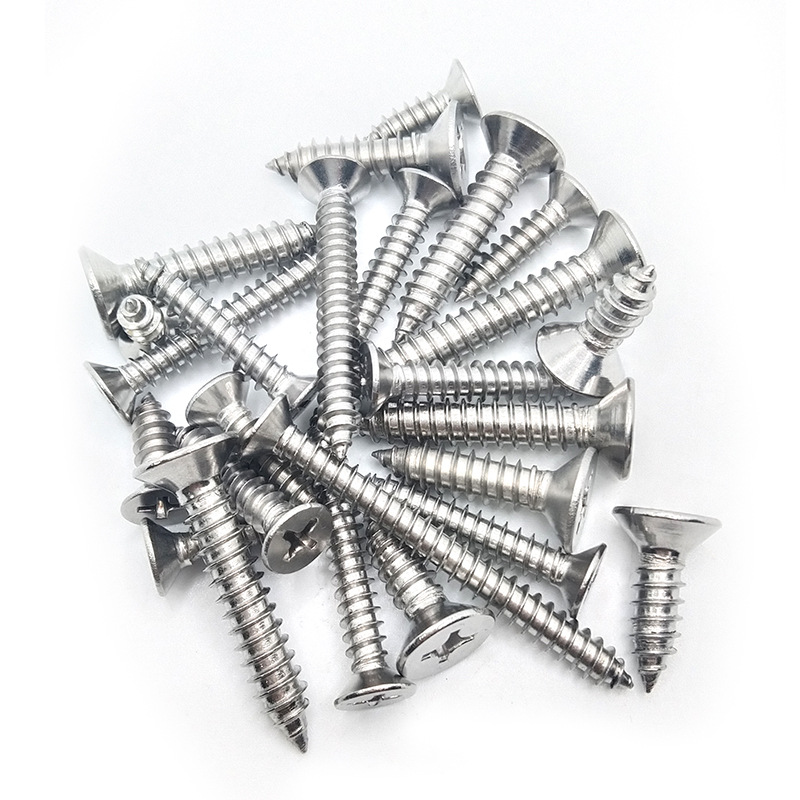

mild steel stud bolt
Nov . 14, 2024 22:33 Back to list
mild steel stud bolt
Understanding Mild Steel Stud Bolts Properties, Applications, and Advantages
Mild steel, also known as low carbon steel, is a widely utilized material in various engineering and construction applications. One of the prominent forms of mild steel components is the stud bolt, which plays a crucial role in fastening and securing various structures. This article delves into the characteristics, applications, and benefits of mild steel stud bolts.
What are Mild Steel Stud Bolts?
Mild steel stud bolts are mechanical fasteners made from low carbon steel, typically containing carbon content up to 0.25%. This composition endows the bolts with a balance of strength, ductility, and toughness, making them suitable for a variety of applications. Stud bolts are characterized by their threaded design, where both ends are threaded to allow for a secure connection with nuts and other equipment. They come in various sizes and lengths, catering to different project requirements.
Properties of Mild Steel Stud Bolts
1. Tensile Strength Mild steel stud bolts exhibit good tensile strength, typically ranging from 400 to 600 MPa. This strength ensures that they can hold significant loads without deforming.
2. Ductility and Malleability One of the key properties of mild steel is its ductility. This means that the material can withstand plastic deformation under stress, which is particularly beneficial in applications where slight movement or vibration occurs.
3. Corrosion Resistance While mild steel itself is susceptible to corrosion, it can be coated with zinc or other protective layers to enhance its resistance to environmental factors. This makes it suitable for outdoor and industrial applications.
4. Cost-Effectiveness Compared to other alloy steels, mild steel is generally more affordable, making stud bolts made from this material a popular choice in budget-conscious projects.
Applications of Mild Steel Stud Bolts
Mild steel stud bolts are used across various industries due to their versatile nature and reliable performance. Some common applications include
1. Construction In building structures, mild steel stud bolts are commonly used to fasten beams, columns, and other structural elements. They provide necessary strength and stability to buildings and bridges.
mild steel stud bolt

2. Manufacturing The manufacturing industry employs mild steel stud bolts in machinery and equipment assembly. They are essential for securing components in automotive, aerospace, and general machinery applications.
3. Oil and Gas Stud bolts are critical in the oil and gas sector for connecting flanges, pipelines, and pressure vessels. Their ability to handle high pressure and temperature makes them indispensable in this industry.
4. Shipbuilding In the maritime industry, mild steel stud bolts are used to secure components of ships and submarines. Their corrosion resistance, especially when treated, is vital for longevity in marine environments.
5. Heavy Equipment Mild steel stud bolts are often seen in heavy machinery such as excavators, bulldozers, and cranes, where high strength and durability are required.
Advantages of Mild Steel Stud Bolts
1. Versatility Their ability to adapt to varying conditions and load requirements makes mild steel stud bolts highly versatile in engineering design.
2. Ease of Installation The standardization of sizes and threads allows for easy installation and replacement, simplifying maintenance processes.
3. Improved Strength-to-Weight Ratio Mild steel stud bolts offer an excellent strength-to-weight ratio, maximizing structural integrity without adding excessive weight.
4. Widely Available Due to their widespread use, mild steel stud bolts are readily available in the market, ensuring that projects can proceed without delays related to sourcing materials.
5. Customizability Manufacturers can produce mild steel stud bolts tailored to specific requirements, including length, diameter, and thread type, ensuring compatibility with various applications.
Conclusion
Mild steel stud bolts are an essential component in numerous industries, providing reliable fastening solutions that combine strength, ductility, and affordability. Their varied applications and advantageous properties make them a cornerstone of modern engineering and construction practices. Understanding the significance and advantages of mild steel stud bolts empowers engineers and project managers to make informed decisions that enhance the quality and safety of their projects. Whether in construction, manufacturing, or heavy machinery, the role of mild steel stud bolts cannot be overstated, as they contribute to the lasting integrity and functionality of a wide array of structures and equipment.
Latest news
-
Hot Dip Galvanized Bolts-About LongZe|High Strength, Corrosion Resistance
NewsJul.30,2025
-
High-Strength Hot Dip Galvanized Bolts - Hebei Longze | Corrosion Resistance, Customization
NewsJul.30,2025
-
Hot Dip Galvanized Bolts-Hebei Longze|Corrosion Resistance&High Strength
NewsJul.30,2025
-
High-Strength Hot-Dip Galvanized Bolts-Hebei Longze|Corrosion Resistance&High Strength
NewsJul.30,2025
-
Hot Dip Galvanized Bolts-Hebei Longze|Corrosion Resistance&High Strength
NewsJul.30,2025
-
Hot Dip Galvanized Bolts - Hebei Longze | Corrosion Resistance, High Strength
NewsJul.30,2025

